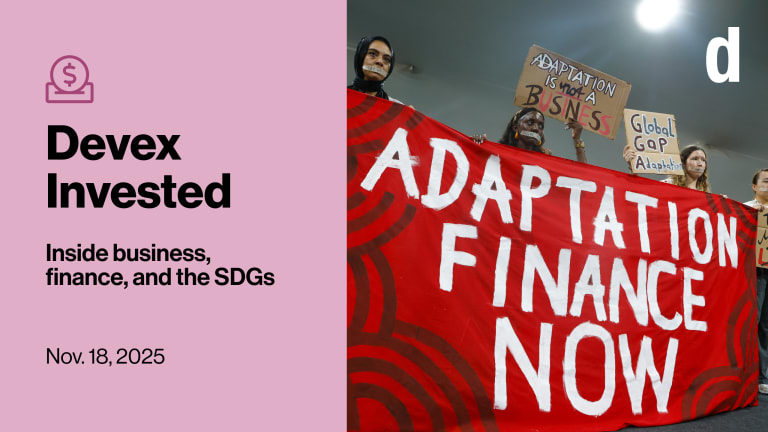As the scale and urgency of the climate crisis grows, we must continue to pressure and support governments to fulfill and expand their climate finance commitments. However, with many of the wealthiest governments currently stepping back from climate funding and diverting funds to other emergencies, we cannot merely sit and wait for this funding to materialize. It is time for private philanthropy to step up.
As thousands of us engaged in global climate action worldwide prepare to gather in Dubai for the 28th U.N. Climate Change Conference, or COP 28, climate finance is once again high on the agenda. The ongoing challenge is how to mobilize resources to address the staggering costs of preventing further climate change and supporting communities grappling with its devastating impacts.
Over the years, the dialogue has centered on “innovative financing models,” aiming to find clever ways to move money faster, incentivize private capital, and squeeze every drop out of the limited public funds available. This approach is partially fueled by governments of historically high-polluting nations, which increasingly look to businesses and private capital to cover the ever-expanding financial burden, while they fail to live up to their own climate finance pledges.








